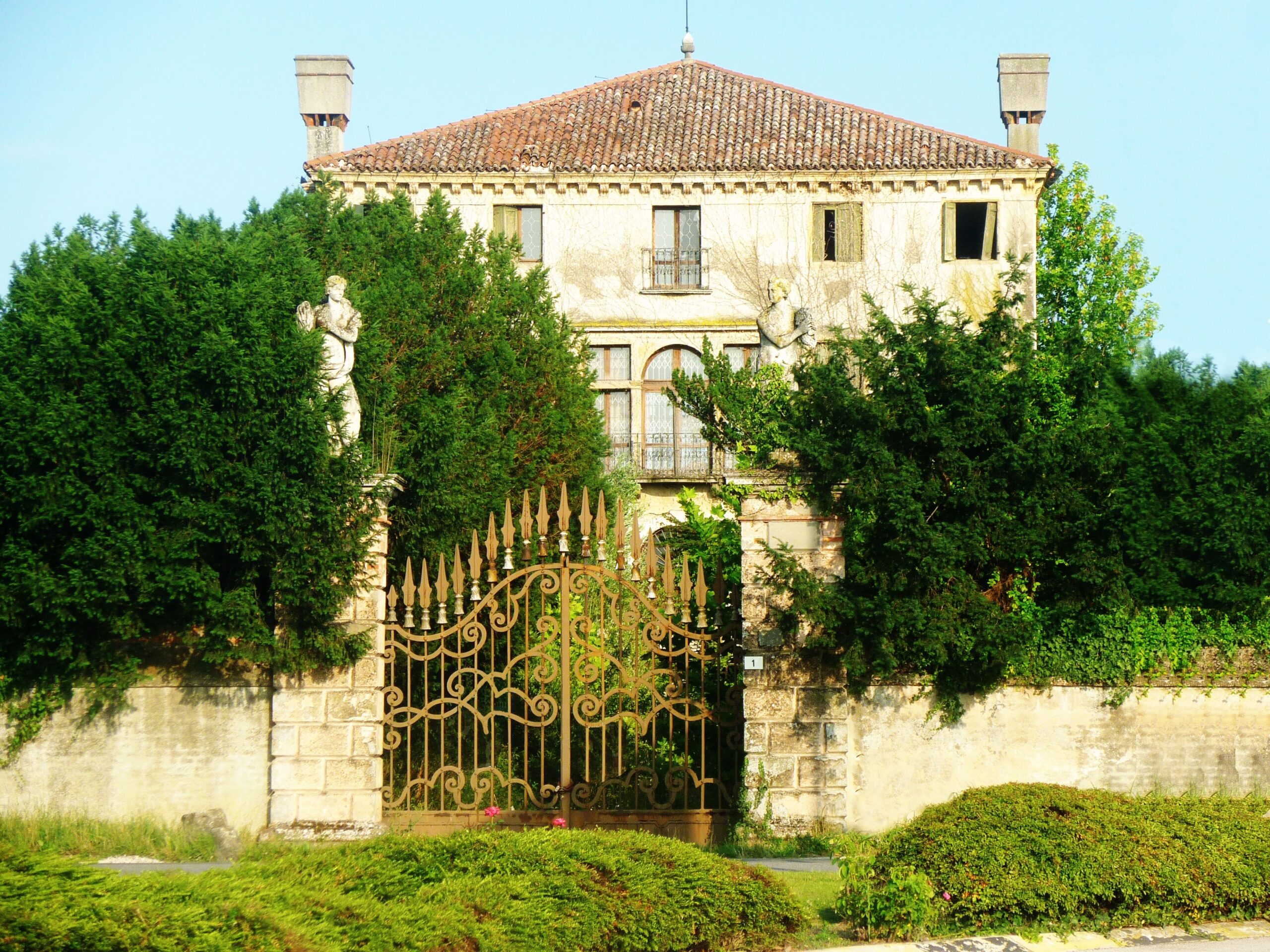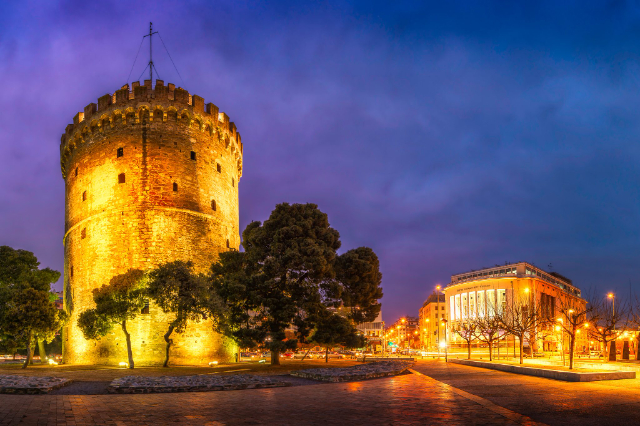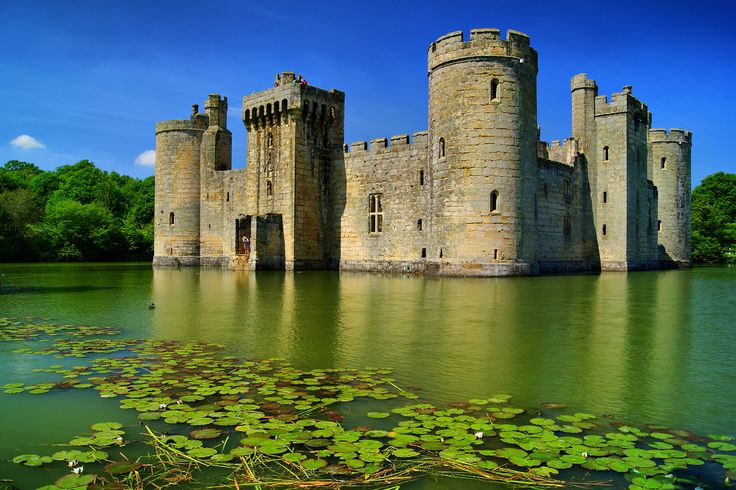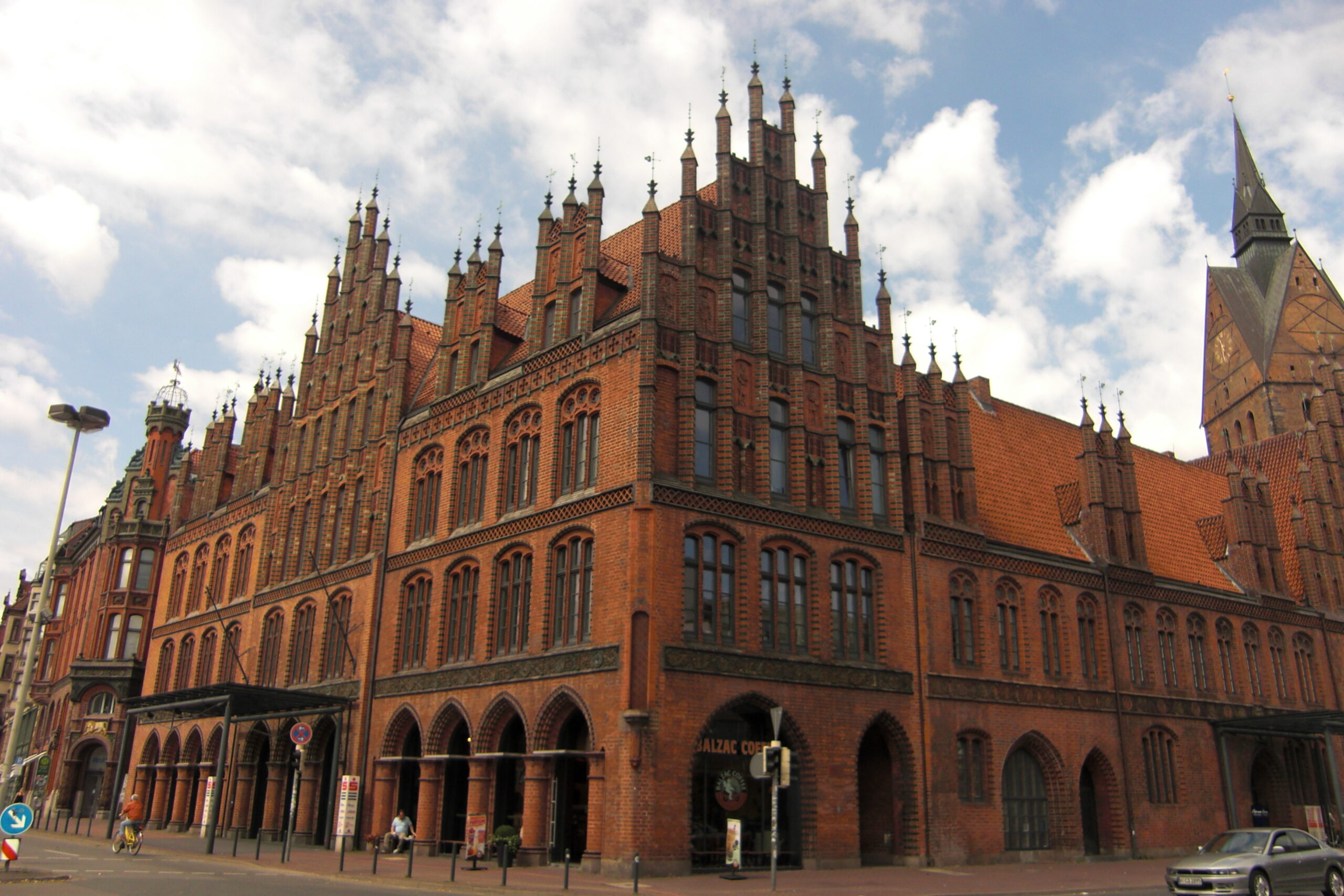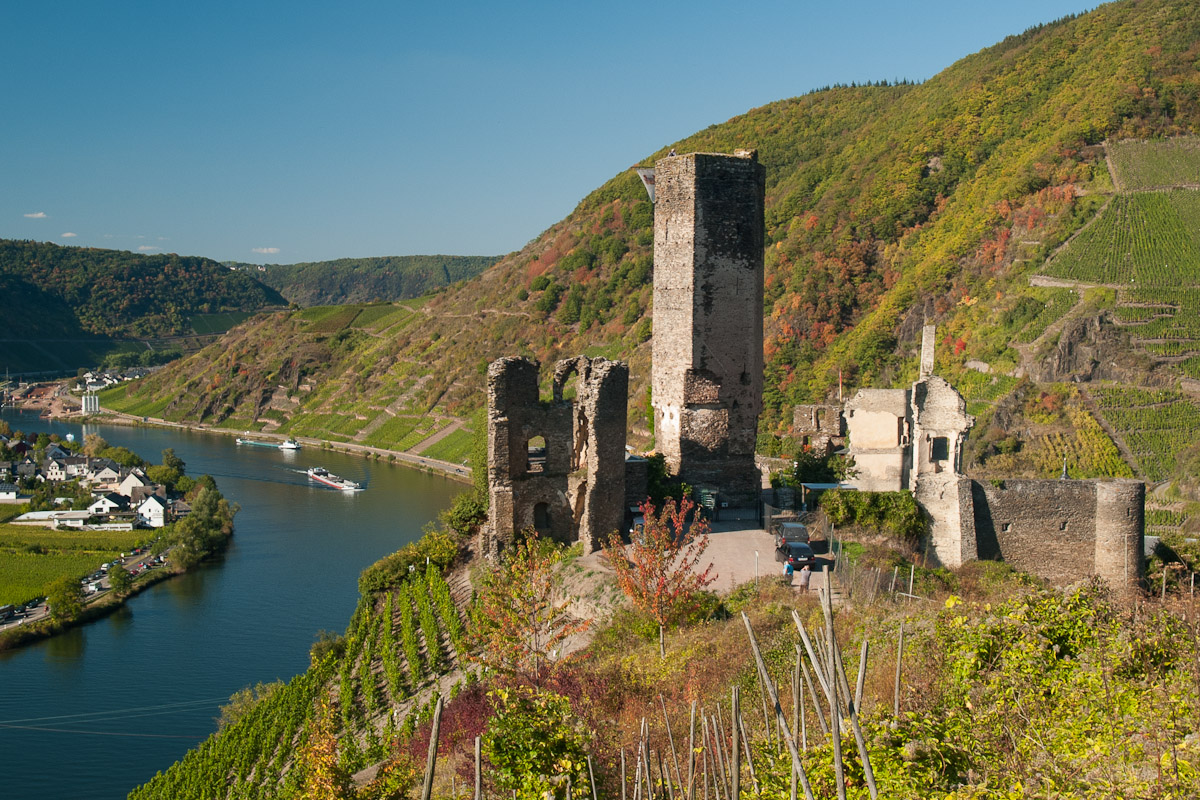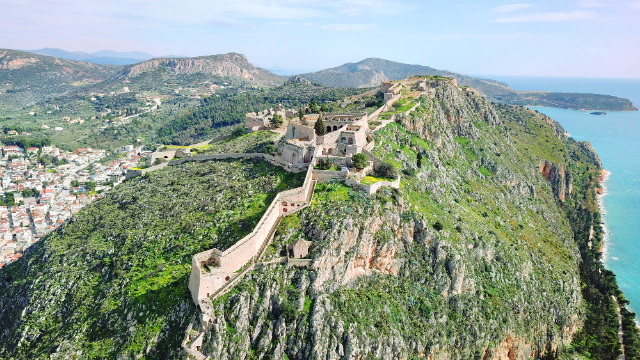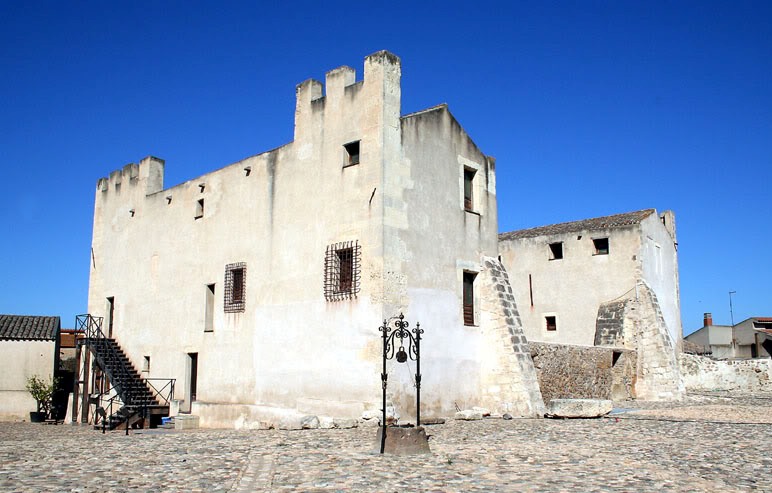The villa that bears the name of the poet Ugo Foscolo is also known as Villa Cittadella Vigodarzere, today Villa Gottardo and is located on the road that leads from the town of Abano Terme to the town of Feriole.
Immersed in the countryside, the dwelling has the characteristics of the typical Venetian house, surrounded by walls, with a porch and a large courtyard.
After several attempts over time to identify the house that housed Foscolo in the Euganean Hills, the name Ceriola (in analogy with Ceriole and then Feriole) and the albeit vague descriptions that the poet makes in his correspondence, have allowed us to finally identify this villa as the home that hosted and inspired the setting of "The Last Letters of Jacopo Ortis", the poet’s famous novel.
Thus, in 1978, a plaque was placed on one of the pillars of the entrance gate to commemorate the poet’s presence there. The Euganean Hills are the setting for the first epistolary novel in Italian literary history, which contains the poetic transfiguration of the Euganean landscape.
In "The Last Letters of Jacopo Ortis", Foscolo set in the Euganean Hills the retreat of the young Jacopo Ortis, a republican who had just witnessed the sacrifice of his homeland and had seen his patriotic ideals shattered by the Treaty of Campoformio, which decreed the cession of Venice to Austria.
Foscolo imagines the young Ortis writing letters to his friend Lorenzo Alderani, in which he talks extensively about the life of the local peasants, describes his visit to Francesco Petrarch’s house in Arquà and recounts his love for Teresa, a woman promised to another man. Here also takes place the tragic epilogue of the story, with the suicide of the young man.
The poet tells us about the Euganean Hills with the moods of the woods that pervade the senses, the frost on autumn days, the daily life of the village and the work of Man on the plain designed by the crops, suggestions that are the background to the solitary retreat of Jacopo.
